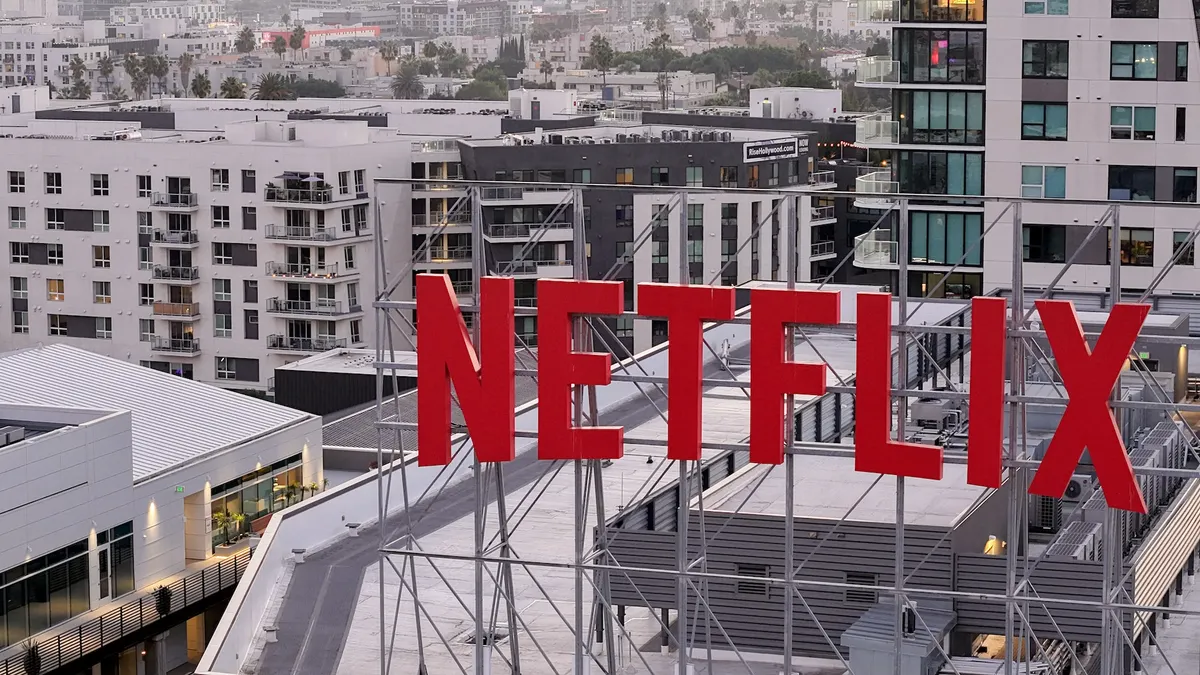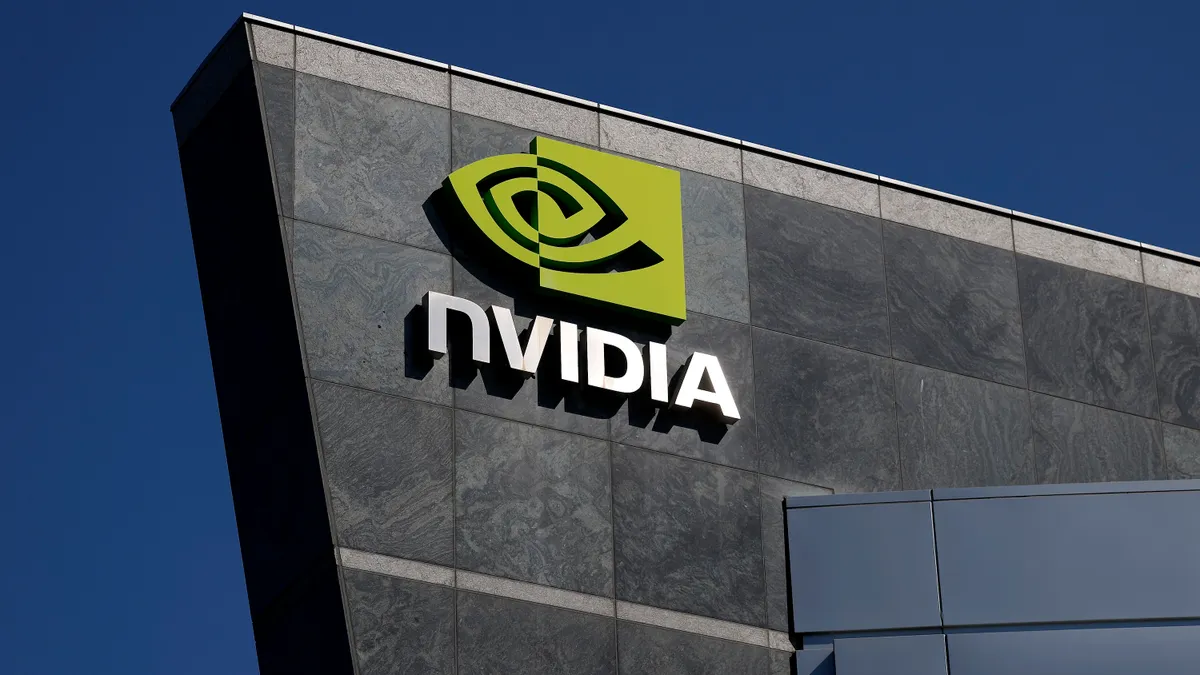As the pandemic altered the way consumers shop, CPG companies and retailers have scrambled to meet the demands of e-commerce. Reports found in March that most brands weren't prepared.
But Kellogg says it didn’t need to scramble.
“I'll be honest, we didn’t have to make dramatic shifts in how we operate because we were already prioritizing operating this," said Julie Bowerman, chief global digital customer and consumer experience officer at Kellogg.
About two years ago, the 114-year-old company made digital and e-commerce a major part of its growth strategy, building out its platform and making investments in hiring experts in the space.
Bowerman said the digital tools Kellogg invested in and additional staffing helped it prepare for the onslaught of online sales during the last few months. Amid the pandemic, Kellogg's e-commerce business nearly doubled as a percentage of its global retail sales to about 6% in Q2. It also expanded e-commerce in every market with double- to triple-digit growth and had its biggest month ever in June. Bowerman said its investments have paid off and will continue to in the long term.
"We were fortunate that we were growing pretty fast even pre-COVID," Bowerman said. "But absolutely we've seen accelerated growth, and it's exciting to see that we've actually continued to see that continue through the pandemic. As different markets have opened, we're still continuing to see that acceleration."
Hiring spree for B2B e-commerce
Last year, Digital Commerce360 reported that Kellogg was hiring a dozen people who specialized in e-commerce. But Bowerman said hiring for e-commerce experts in the food and beverage industry can be “tricky." E-commerce in CPG and B2B is still a growing space, which means experienced talent in this niche can be hard to find. Job postings show that Kellogg is continuing to hire in this area, including for a senior manager of e-commerce and a role focused on e-commerce performance marketing. Skill sets of the latter include the ability to drive traffic to retailers' websites, improve searchability and increase conversion on product pages, among other duties.
"The demand on this type of talent is definitely high," she said.
Many industries sell directly to the consumer online and there are workers who understand those processes, but it's important to find talent that understands how e-commerce is tracked from different retailers online, she said.
"It's really important finding talent that understand that model, unique to CPG, but also have the e-commerce depth and the digital acumen to be able to transform and lead an organization. There's some talent that exists that have that resume, in and of itself, but my general bias has been ... you're looking for people that create a blended team approach," she said.
That team approach means that Kellogg isn't just bringing in new specialists to focus on this issue, it is also training its other employees to be well-versed in the digital atmosphere and to get them to understand the fundamentals of the e-commerce business as well as they know sales in brick-and-mortar.
"We don't see e-commerce as only the responsibility of the people with the titles of e-commerce. We just finished a training series for all of our sales and account team leads and staff in the U.S. ... They need to be well-versed and well capable to talk to our retail customers as if they understand the space," she said.
As Kellogg builds its e-commerce tools, brings in more experts and makes investments in this space, the company has results to show that "this isn't just a piece of paper that has a strategy on it — there's real tangible impact and results and commitment from the organization," which Bowerman said helps recruit top talent.
"They want to come into a company that has already bought in and committed to it and so we've been fortunate to be in that position because we started that journey a couple years ago," she said.
Along with the staffing, digital tools are also a big part of Kellogg's e-commerce investments. Kellogg decided to invest in resources, like a centralized data management system, and ways to track ratings, reviews and searches.
"Those are the traffic drivers and those are the ways in which consumers decide and make decisions about buying your brand so we've made global investments in that," she said.
Bowerman said Kellogg also built a global e-commerce B2B platform that allows its customers in different markets to implement and execute e-commerce more seamlessly by digitizing the backend and having centralized capability.
Other industries like clothing or technology sell directly to the consumer whereas the vast majority of Kellogg's e-commerce business is through retailers, Bowerman explained.
"Grocery consumers are not going to, by and large, shop in individual brand platforms to buy a box of cereal or a six- pack with Coke, right? They want to aggregate that all with a retailer so that's where they maintain that shopping behavior. ... So it's incumbent for our success to be really strong partners with our retail customers and build our businesses and our capabilities that allow us to sell through them to their shoppers," she said.
Investing in measurement is important to Kellogg because it tracks key performance indicators, which allows the company to be "more strategic and sustainable" in the long term because they can see things like growth compared to the rest of the category, she said.
In a presentation at Barclay's in September, Chief Growth Officer Monica McGurk said they can use those tools and analytics to increase penetration. McGurk said 90% of its global e-commerce sales are generated by its top 20 brands and about 30% of its global e-commerce sales are outside of the U.S.
"Today, we have stronger than ever data and analytics at just the right time to reach out to households that have reappraised our products during the crisis," McGurk said.
Investing for the future
From training staff to building digital tools, the investments Kellogg has made over the last two years are expected to help the company in the future because they expect the e-commerce boom to continue beyond the pandemic, she said.
"There was always a stickiness effect because of the convenience factor. And so I think what's happened through COVID is it's forced more people to adopt just because that was their best option for shopping safely. And so, as they've been exposed to it, they've realized the convenience factor and so I think that's what's going to create the more permanent adoption post the pandemic," Bowerman said.
Kellogg wasn't the only one that was more prepared as the outbreak began. A recent survey from the Food Industry Association found that investments food retailers made last year, such as strengthening e-commerce, allowed the industry to be flexible during the pandemic. In 2018, FMI said online sales increased from 1.4% of total sales to 2.5% in 2019, and 67% of retailers said they experimented with e-commerce last year.
Kellogg CEO Steven Cahillane said in its last earnings call that the company has been enhancing its financial flexibility and delivered even better results than they anticipated in both Q1 and Q2 of this year, which means they have more room for additional investments in e-commerce.
"We are able to raise our financial forecast for the year, delivering more net sales, more operating profit, more earnings per share, and more cash flow than we had planned," Cahillane said. "And yet, at the same time, we are also able to reinvest back in the business during the second half....It means we can invest more in capabilities that will give us a leg up in the marketplace, such as data and analytics, digital and e-commerce and packaging."






















